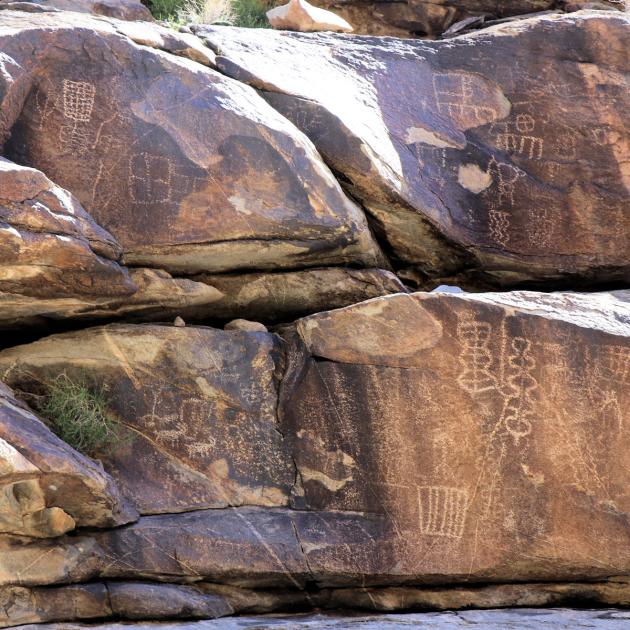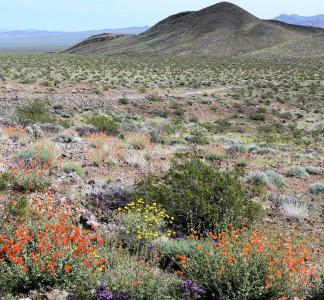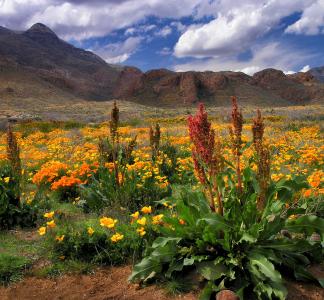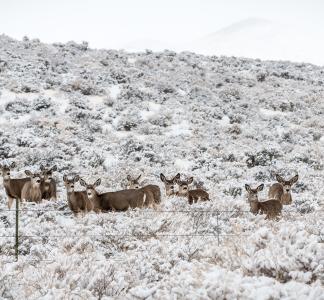President Biden to protect Avi Kwa Ame, significant to 12 Indigenous tribes
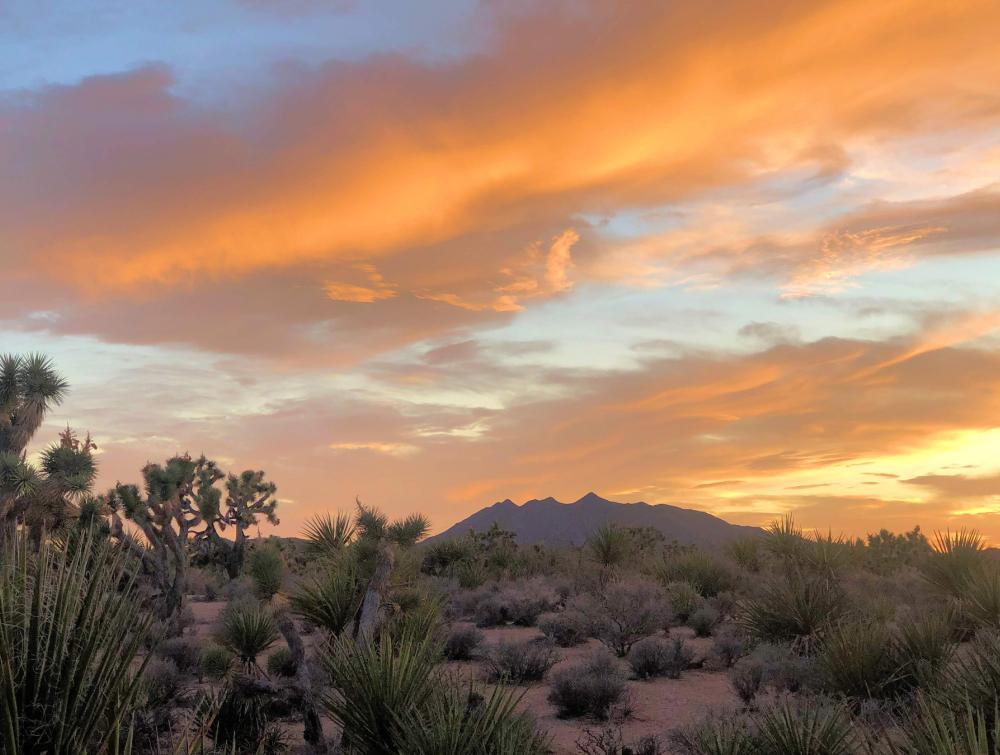
Sunset in proposed Avi Kwa Ame National Monument, Nevada
Alan O'Neill
Monument status would be decades in the making
Update: President Biden designated Avi Kwa Ame National Monument on March 21, 2023 at the White House Conservation Summit.
After decades of advocacy by Indigenous communities, Avi Kwa Ame—”Spirit Mountain” in the Mojave language—and the surrounding land will now, finally, be permanently protected.
Per a Washington Post report, President Biden will soon confer national monument status on Avi Kwa Ame (just like the namesake peak) in Southern Nevada. It’s a breakthrough moment at a time when the threat of development in the area is growing.
Avi Kwa Ame National Monument is culturally and spiritually significant to the Mojave, Hualapai, Yavapai, Havasupai, Quechan, Maricopa, Pai Pai, Halchidhoma, Cocopah, Kumeyaay, Hopi and Chemehuevi Paiute. Since time immemorial, the land has been central to these peoples’ traditional creation stories, lifecycle ceremonies and day-to-day practices.
In addition to its great significance to Indigenous peoples, Avi Kwa Ame is a natural treasure. Land of ancient Joshua tree forests and dramatic desert terrain, it is the ecological “connective tissue” linking protected lands in the region.
Avi Kwa Ame provides continuous habitat and migration corridors for a variety of Mojave Desert wildlife. It contains the largest remaining area of high-quality habitat for the desert tortoise, which scientists say is at real risk of going extinct thanks to human causes, and precious intact passageways for desert bighorn sheep that need such areas to endure climate change.
A monument designation will help safeguard these wildlands, a step toward the national goal of conserving 30 percent of U.S. lands and waters by the year 2030. And fittingly, Avi Kwa Ame National Monument will be managed by the Bureau of Land Management, subject of a recent directive to prioritize conservation of wildlife migration corridors and connected habitat.
We look forward to working with the Biden administration in the months and years ahead to protect even more places that hold significance for Indigenous communities and communities of color, plus wildlife habitat and healthy watersheds.
